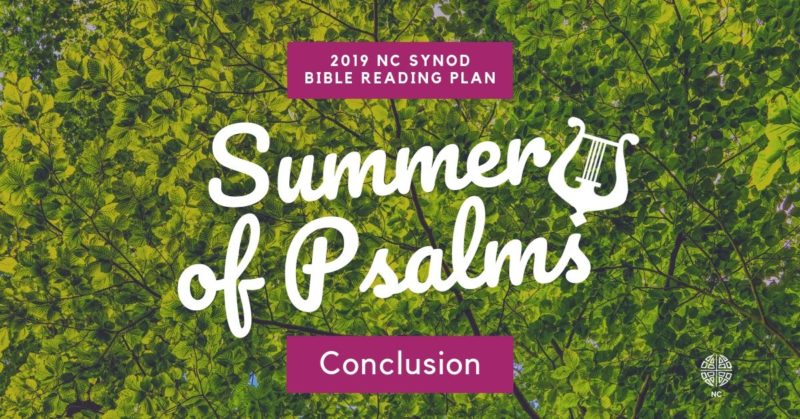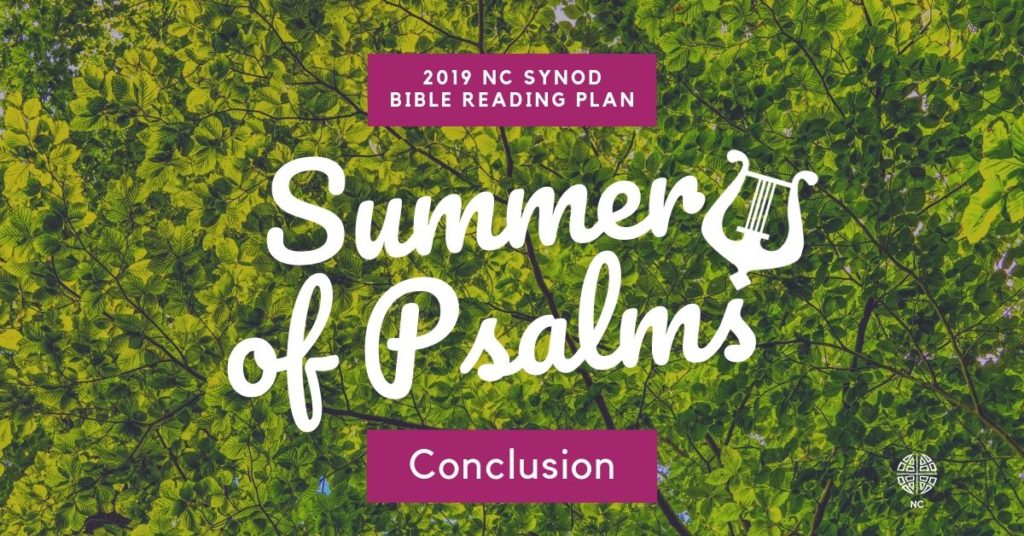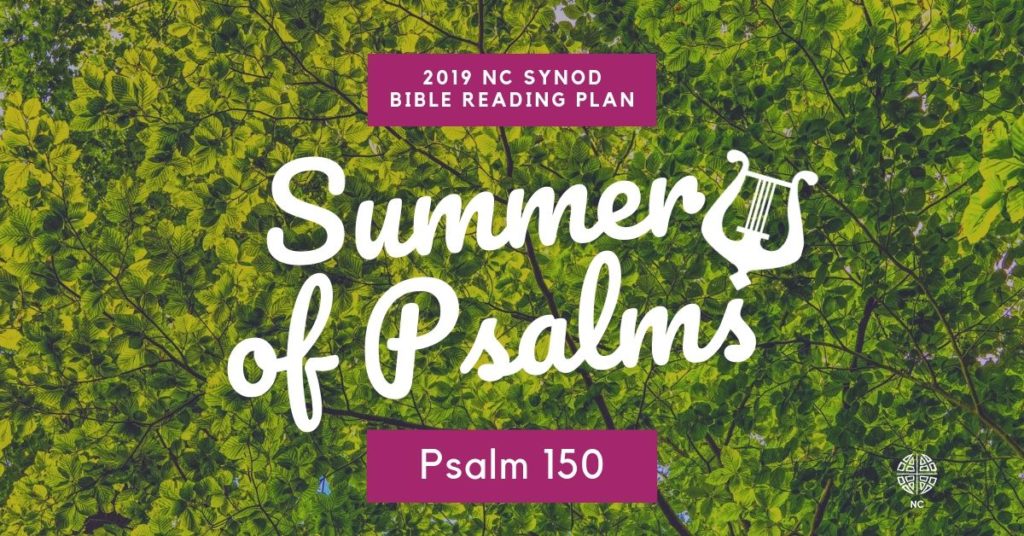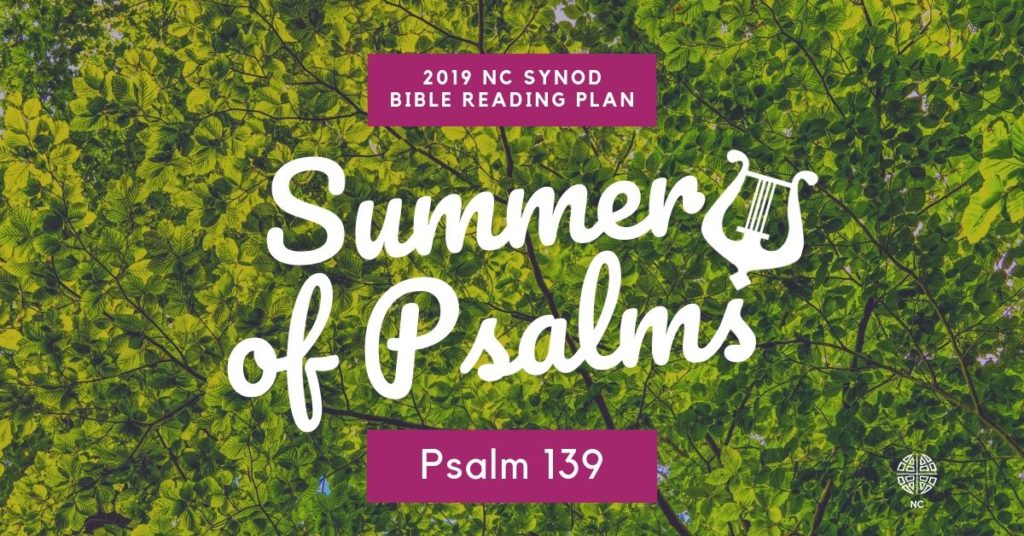Reading 25—Conclusion
I hope that, if not before, you have an appreciation now for the immense depth and breadth of this wonderfully earthy and human hymnbook of the ancient Israelites and for Christians as well. In most congregations that follow the lectionary, the Psalms hold such a revered place that it’s the only book of the Bible from which we read/sing every single week.
The Psalms stir us to “make a joyful noise, all ye lands” (Ps. 100) and allow us to shake our fist at God, even as Jesus quoted Ps. 22, “My God, my God, why have your forsaken me?” Most of them fit into the five scholarly categories of praise, wisdom, royal, thanksgiving, and lament (communal and individual), but each of them on its own is a beautiful work of poetry, emotion, and deep and authentic faith that is just as ready to question as it is to celebrate God’s work in the world.
No wonder this book is at the heart of any serious spiritual journey and practice. These poems/hymns allow and invite us at once to be completely real while still seeking and growing in faith that spills over into joyous praise.
Most of my earliest and still most deeply ingrained scripture memory verses come from the Psalms and I suspect that I’m not alone. If I say among regularly-worshiping Christians or Jews, “I lift mine eyes to the hills…” there will be plenty who will respond “from whence cometh my help.” (Ps. 121). If you say, “The Lord is my shepherd, I shall not want,” I can’t help but at least think, “He maketh me lie down in green pastures, he leadeth me beside still waters…” (Ps. 23). Oh, and I’m not a big fan of the King James version, but it was the translation of my early childhood Psalm memorizations and to this day is my preferred translation, if for no other reason than it lifts up the poetry of these powerful verses.
We’ve just touched on a relative few Psalms in these 25 days of reading together, and I both challenge and encourage you as a spiritual exercise to read through and meditate on all the Psalms as a daily devotion. You’ll be joining the vast majority of our great spiritual mothers and fathers who have done just that!
To Consider
Have you noticed the Psalms as they appear in our lectionary take out most of the really vengeful and accusatory language? I know we don’t to in worship pray that God would dash our enemies’ babies against the rocks (Ps. 137), but would you find a more balanced presentation of Psalms helpful or troublesome?
What Psalm have you committed—or might you like to commit—to memory? Why?
O God, we give you thanks that you love us in the totality of who we are—when we are vengeful, when we are feeling sorry for ourselves or without hope, when we are overflowing with awe and praise. We give you thanks for the Psalms that give voice to the breadth of our humanity, and we pray that we might continue to read, sing, and pray them to draw us closer to your people of old and to you. In the name of Christ we ask it. Amen.
Tim Smith has been bishop of the NC Synod for almost 4 years now! He is, unimaginably, back in Salisbury where he graduated from high school 41 years ago and then left for 37 years. He and wife Wendy have three adult children and four grandchildren who are their “hobbies” and their “joy.”





